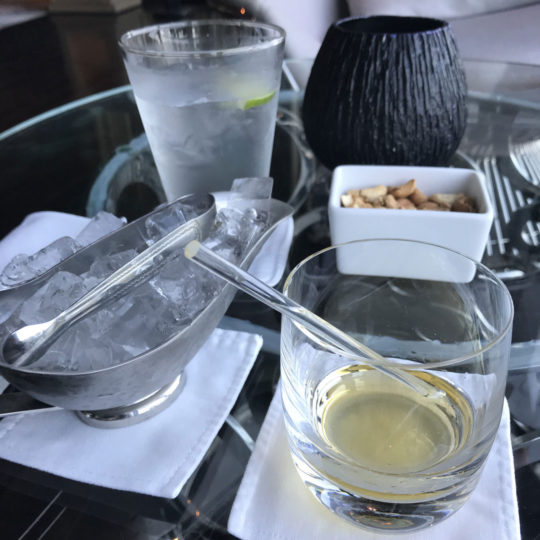Don’t get comfort until you need it.
The city where I served in my first posting was large, but not very international. Western food (beyond McDonald’s) wasn’t very popular there. After too many disappointments, I gave up looking for decent pizza. Tex-Mex was another scarcity. Chinese people tend not to like it, so it’s pretty rare in China. There was one Mexican food place in town. One of my friends said that it was a good idea not to eat at that place too soon after arriving in China, it was better to wait until you had been in China for several months before going there. This was because although it was pretty good, it wasn’t quite the same as in America.
That point was driven home for me yesterday when a group of us went to eat at an American style diner in Ho Chi Minh City. The decor of the place was really good, it felt like a typical small American restaurant. The menu was also full of very familiar options. We were all very impressed, and look forward to our comfort food. I ordered a breakfast entrée, because what’s more comforting than an American breakfast?

The food was not disappointing. My smoked salmon and Swiss cheese scrambled eggs was just what the doctor ordered. All of us were very happy with our food.
Now, to be honest, it wasn’t exactly, 100% the same as American diner food. I think if I had gone to that restaurant right after leaving America, I would have been disappointed, or at least I would have had a very different opinion of the food. However, after having been away from American food for several months, it was a nice taste of home. I will be back.
But maybe not for a few weeks.
By the way, the place is called “The Diner V.” You can Google it.







